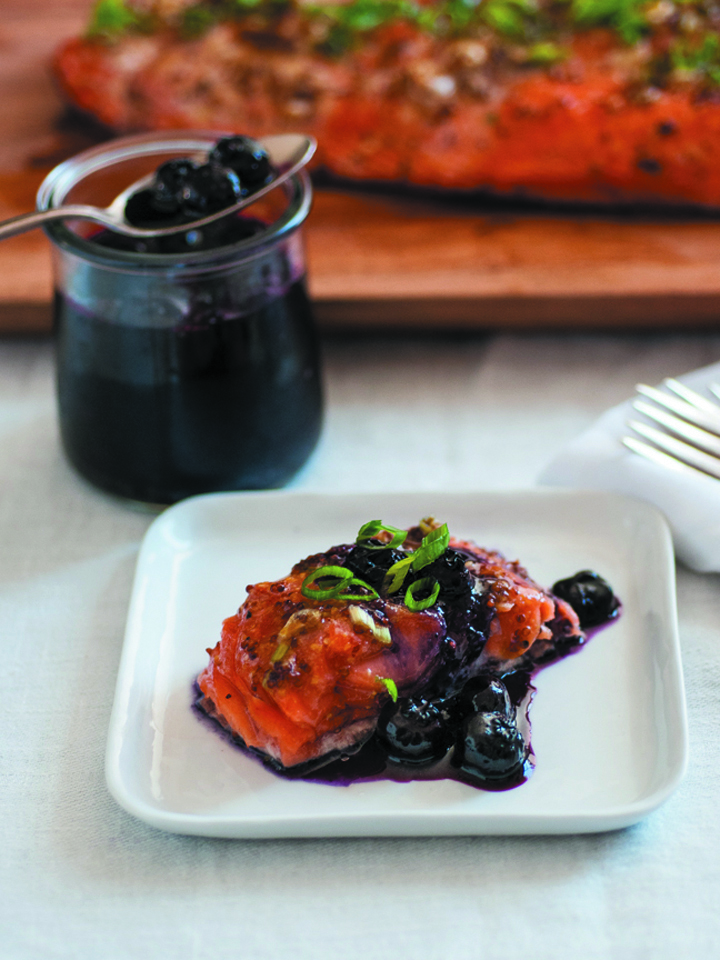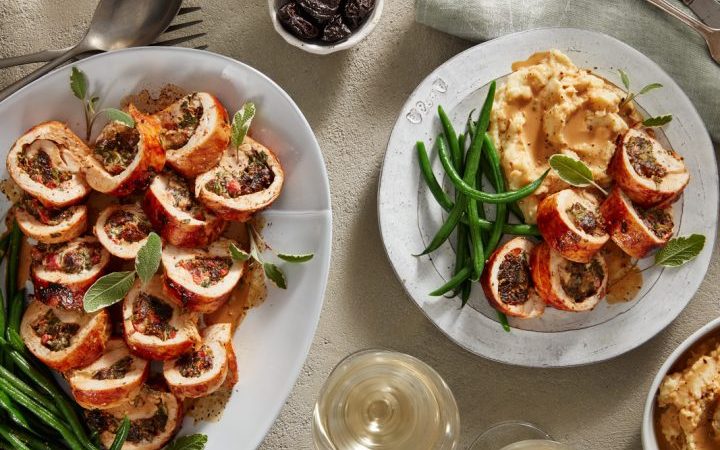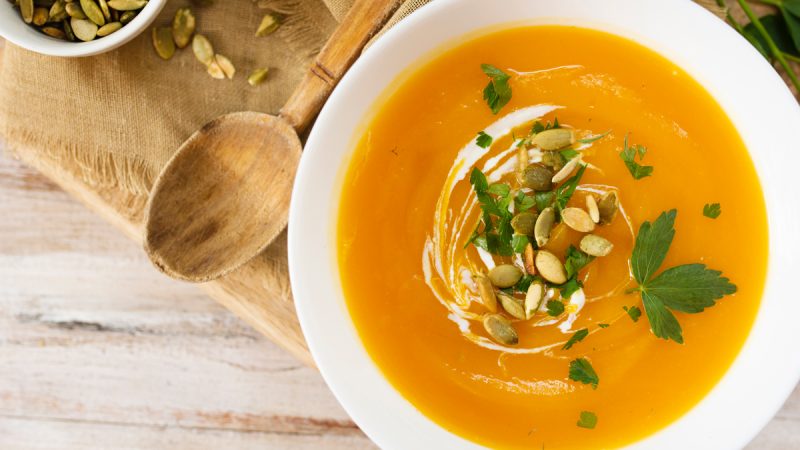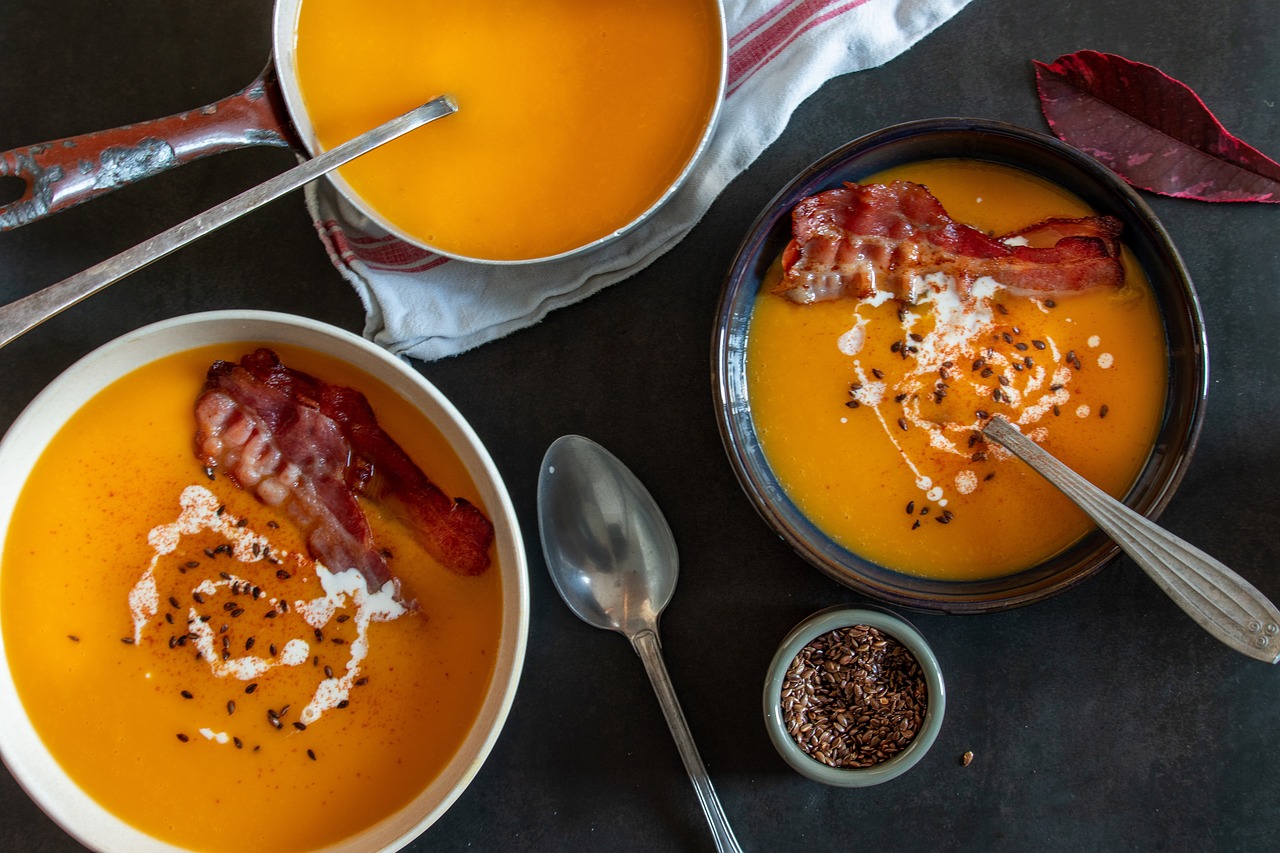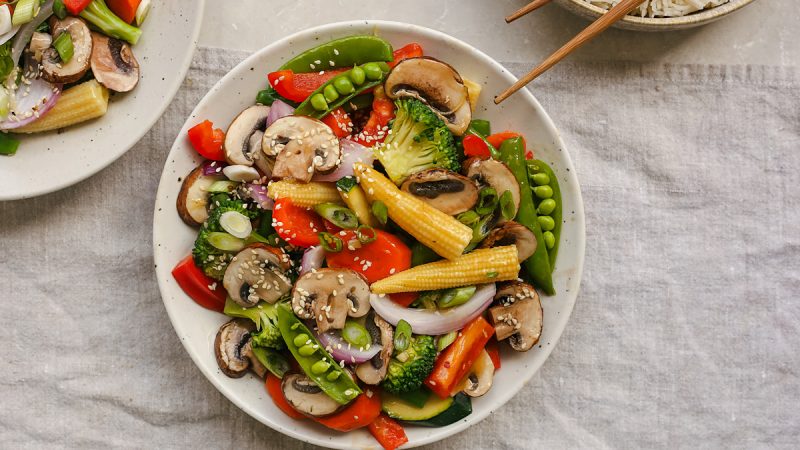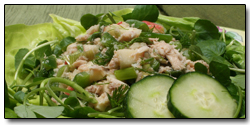Having Trouble Taking The Shell Off Boiled Eggs – Read This
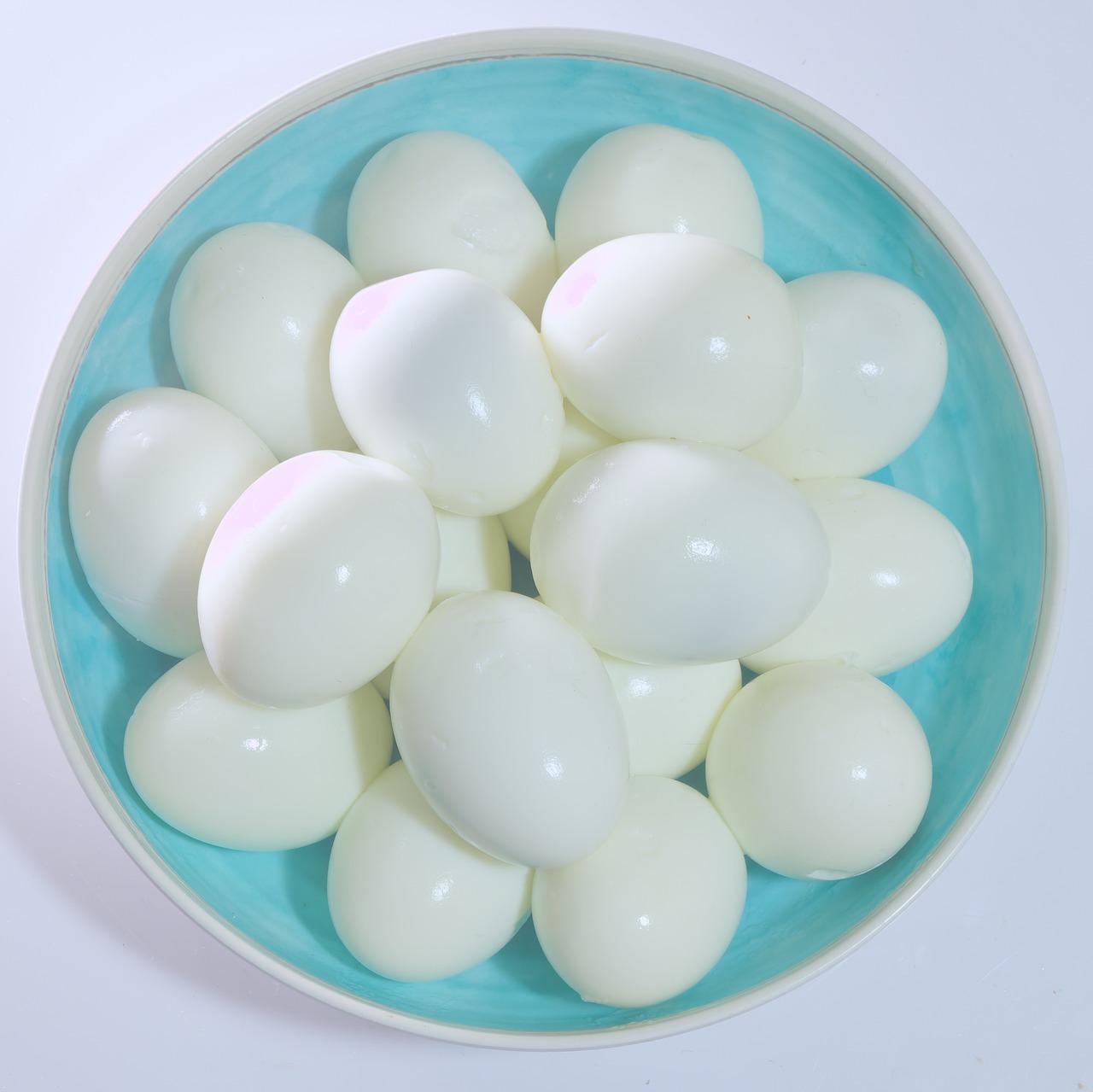
Nutritionists over the years have gone back and forth if eggs are truly healthy for us. We are now getting used to the fact that eggs are not only nutritious, but they are truly great for your heart health. The evidence is clear now that eggs are in fact one of the healthiest foods we can eat, as they can actually help prevent disease, including diseases of the heart. Like any healthy food you can overdo it, but two eggs a day for most people are not too much, and are a great source of nutrients.
But what are the best ways to consume this delicious breakfast food or snack? Nutritionists will say that the least cooked the eggs are the better they will be for you. So with the issue of salmonella put aside, (and it is something to consider) raw eggs would be the most nutritious. That probably isn’t an option for many, so soft-boiled would be better than hard-boiled, and poached or over easy would be better than eggs that are well done.
Another issue that should be taken into account when preparing eggs is what goes into them. Eggs by themselves are extremely healthy, but whatever you use to cook them in, such as large amounts of bacon grease or too much table salt, can turn them into something that is less than healthy. As a result eating a soft-boiled egg by itself or with a salad is perhaps the healthiest way to go.
But one of the frustrating things about eating eggs that have been cooked by boiling is trying to peel them. I have never understood why some eggs you can peel so easily and others you end up losing half the egg in the peeling process. So here are a few tips that may help ease some of that frustration.
• Use older egg. Eggs that are couple of weeks old or more typically will peel easier as opposed to when they are fresh.
• Put the egg in the water at the boiling point. The egg white will bond more strongly to the membrane inside the egg shell when the eggs are cooked slower. Introducing a cold egg into the boiling water will prevent this from happening.
• After the initial heat shock, turn the temperature down. This will allow the eggs to cook at a slower rate, which will allow the yolks to cook before the egg whites becoming overcooked, and therefore rubbery.
• Prior to peeling refrigerate to chill the eggs. When the egg is cooler its structure will be more firm, so when the egg shell is removed craters won’t be made in the egg whites. Keep in the refrigerator overnight prior to peeling should also help.
• Crack the egg shell all over and peel under running water. Gently breaking up a shell into smaller portions will prevent more of the egg to attach itself to be a white surface. The cold running water will keep the surface of the egg firm.
These are only a few tips to help to keep you are boiled egg intact when peeling. I have found that they do work in almost all cases, but for some reason there are eggs that will always be difficult. That however shouldn’t stop us from making eggs a staple in our diet.
There are many foods that are not only delicious but are good for you. Nuts are known to help certain health conditions plus control weight. Check out this page on ways to use garlic in your cooking, which is another food great for your health.
The Author:
Rich Carroll is a writer and avid health advocate now living in Chicago.


